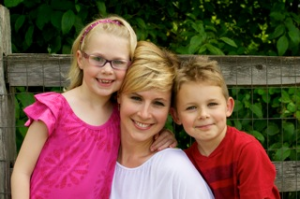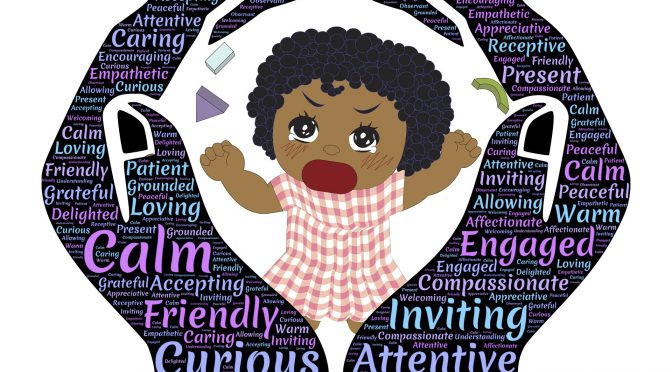By Kelly Bartlett, author of Encouraging Words for Kids, certified positive discipline educator and Attachment Parenting leader (API of Portland,Oregon USA), www.kellybartlett.net
Parents spend a significant amount of time talking to kids. We have a lifetime of information and lessons to share with them, and we’re constantly searching for the most effective ways to talk to our kids so they will listen to all we have to say. But in parent-child relationships, it’s listening that begets listening. 
Listening nonjudgmentally to children allows them to feel accepted. When parents listen for a sense of understanding—that is, recognizing who our children are and what they are communicating beyond the presence of any adversarial words or behaviors—children feel understood and secure in the relationship. When we take the time to listen to children, our relationships deepen.
How can you communicate to kids that you hear and accept them? Here are a few tips for strengthening your relationships with your children through improved listening skills.
Don’t solve. Don’t tell your child what she should do. This takes away from her ability to figure something out for herself. When children come to a parent to talk, they’re looking more for validation and support than answers and directions. No matter a child’s age, when she decides for herself what to do, she assumes responsibility and gains confidence. Continue reading Listening for Understanding








